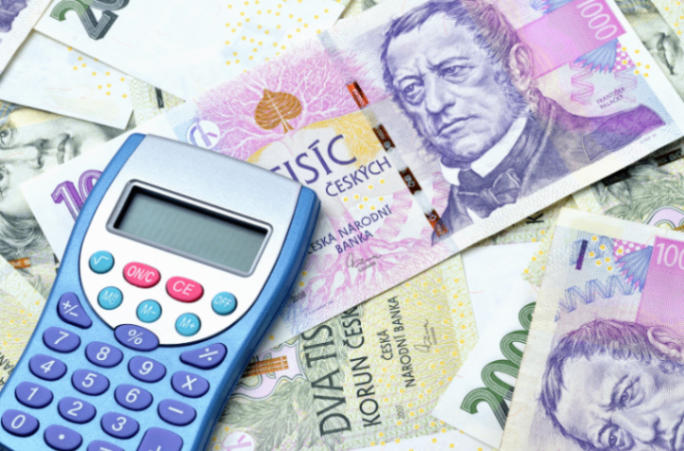December inflation: food prices down and services prices up more moderately
Economic commentary by Jaromir Šindel, Chief Economist of the CBA

Annual consumer price inflation accelerated to 3% in December from 2.8% in November. Nevertheless, this was a positive surprise, as market and Czech National Bank (CNB) expectations had predicted an acceleration to 3.3%. The softer year-on-year figure reflected a 0.3% month-on-month decline in the consumer price index, mainly due to cheaper food and alcohol. On the other hand, core inflation held at 2.3% yoy.
Behind this figure, however, there was a further acceleration in imputed rents, which reached 1.7% yoy. By contrast, prices of other "core" services slowed to 4.3%. While the fall in service prices could allow the CNB to start cutting interest rates, the rise in imputed rent prices is likely to limit this decline.
December inflation: food price correction
Similar to a year ago, the end of the year brought a surprising fall in food prices. This was compounded by a slight fall in energy and recreation prices compared with their usual December increase. This was accompanied by a more modest increase in telecommunications prices than in the previous year, as well as the usual December decline in alcohol prices (slightly larger than usual) or in clothing or in the health segment (see the last figure on the right).
CPI growth in 2024 slowed by 8.4 p.p. to 2.4% y/y
Consumer inflation for the full year 2024 slowed to 2.4% y/y from 10.8% in 2023 and 15.1% in 2022. This is the most moderate growth since 2018, when inflation was 2.1%. Core inflation followed a similar trend, slowing to 2.5% after previous increases of 7.6% and 13.3%. Slower increases in energy prices and a year-on-year decline in food prices were the main contributors to the moderation in inflation.
Inflation in 2025 is expected to slow from stronger numbers in late 2024
At the same time, the strong month-on-month consumer price increases of early 2024 will contribute to a slowdown in annual inflation in 2025 towards the CNB's inflation target (see charts below).
How significant the deviation from this target will be will depend mainly on how quickly the decline in energy prices feeds through to consumer inflation as measured by the CSO. Global food price developments suggest easing upward pressures, but geopolitical factors such as sanctions on Russian oil are pushing up the price of oil, which rose by around $8 per barrel in December.
The gradual rise in unemployment is weakening inflationary pressures from the labour market (see the more modest rise in industrial wages in November), which could help to further ease core service prices. Conversely, the fall in interest rates, the recovery in the mortgage market is translating into higher house prices, hence imputed rents, which is pushing core inflation higher.